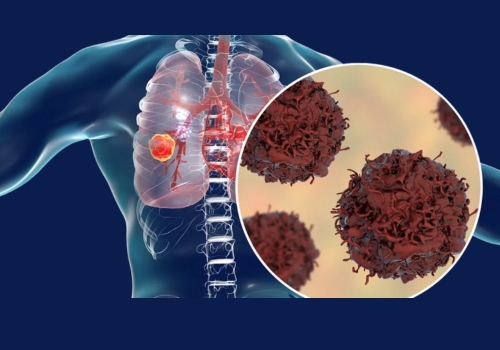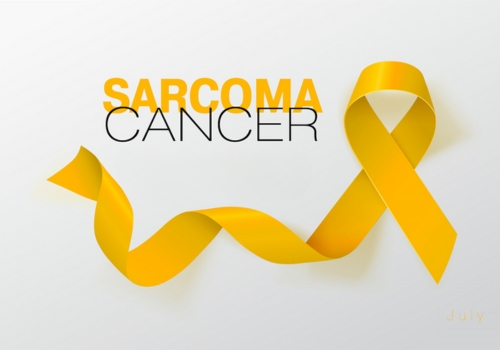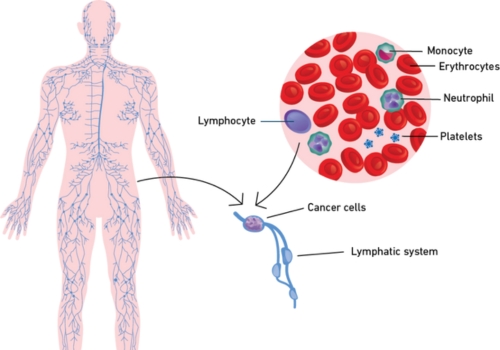Oral Cavity
Cancers Treated with Radiation Therapy

Brain Tumors
A brain tumor is a collection of abnormal cells within the brain. Treatment options include Surgery and Radiation Therapy / Radio Surgery. Radiation Therapy uses photon energy beams to destroy tumor cells. Typically, external beam radiation is employed, targeting only the tumor-affected area of the brain. Stereotactic Radiosurgery delivers a highly focused form of radiation using multiple beams, effectively killing tumor cells in a very small area.
Head and Neck Cancer
Head and neck cancer is a prevalent form of cancer in India, with over one lakh cases diagnosed annually. The types of head and neck cancers include:
-
-
Throat (pharynx)
-
Voice Box (larynx)
-
Paranasal Sinuses
-
Nasal Cavity
-
Salivary Glands
Radiation therapy is the adjuvant or primary treatment method used to shrink cancerous tumors. This treatment typically involves either External Beam Therapy (EBT) or Intensity Modulated Radiation Therapy (IMRT).


Lung Cancer
Cancer that occurs in the lungs is called lung cancer. People who smoke have the highest risk of developing lung cancer. It is the leading cause of cancer-related deaths worldwide. Radiation therapy uses high-powered energy beams from sources such as X-rays and protons to kill cancer cells. It may be used in combination with surgery and chemotherapy to enhance treatment efficacy. Additionally, radiation therapy can help relieve symptoms, such as pain, in patients with advanced-stage lung cancer. Stereotactic radiosurgery is a potential option for individuals with small lung cancers who are unable to undergo surgery or to treat cancers that have metastasized to other parts of the body.
Gastrointestinal Cancer
Cancer that occurs in the esophagus, stomach, colon, and rectum is collectively known as gastrointestinal cancer.Esophageal and rectal cancers neo - adjuvant radiation therapy should be given first as standard of care. Radiation therapy is often used in combination with surgery and chemotherapy to treat gastrointestinal cancer. It can be administered after surgery to eliminate any remaining cancer cells or before surgery to shrink a large tumor, making it easier to remove. For patients with advanced-stage cancer, radiation therapy can help alleviate pain and relieve some symptoms. Dr Prapul Kumar Mandari will recommend the appropriate radiotherapy based on your specific condition.


Hepatobiliary and Pancreatic Cancer
The hepatobiliary system includes the liver, gallbladder, and bile duct. These organs
produce bile, which is essential for digestion. The pancreas, a gland located in the
abdomen, has two key functions: digestion (exocrine) and blood sugar regulation
(endocrine).
Male Genito-Urinary Cancers
The male genito-urinary system includes the kidneys, bladder, prostate, and penis.
-
Kidney Cancer
-
Bladder Cancer
Types of Genito-Urinary Cancer:
-
Prostate Cancer
-
Penile Cancer
Dr. Mandari along with his team of surgical and medical oncologists, will thoroughly investigate your case and provide a comprehensive treatment plan that may include a combination of surgery, radiation therapy, and chemotherapy. These cancers can be treated with various radiation therapy techniques, including External Beam Radiation Therapy, Brachytherapy, Intensity Modulated Radiation Therapy (IMRT), and Proton Beam Therapy. SBRT to prostate is a new trend now a days on cyberknife for the best results in localized prostate cancer
-
Liver Cancer
-
Gallbladder Cancer
-
Bile Duct Cancer
-
Exocrine Pancreatic Cancer
-
Endocrine Pancreatic Cancer
External Beam Radiation or Image-Guided Radiation Therapy (IGRT) may be used to treat these cancers in combination with chemotherapy.


Female Genito-Urinary Cancers
The female genito-urinary system includes the uterus, ovaries, cervix, vulva, and vagina.
-
Uterine Cancer
-
Ovarian Cancer
-
Cervical Cancer
Types of Genito-Urinary Cancer:
-
Vulvar Cancer
-
Vaginal Cancer
Dr. Mandari along with his team of surgical and medical oncologists, will thoroughly investigate your case and develop a comprehensive treatment plan that may include a combination of surgery, radiation therapy, and chemotherapy. Few female genitourinary cancers can be cured without surgery like cervical,vaginal and vulval cancers where radiation therapy give equal results with surgery in various trials. These cancers can be treated using various radiation therapy techniques, including External Beam Radiation Therapy, Brachytherapy, Intensity Modulated Radiation Therapy (IMRT), and Proton Beam Therapy.
Sarcomas
Sarcoma is an umbrella term used to classify a broad range of cancers, primarily
referring to bone cancer and connective/soft tissue cancer in patients. It can affect
various parts of the body, including muscles, fat, blood vessels, nerves, tendons, and
joint linings.
Sarcomas primary modality treatment is surgery and radiation therapy is used after surgery to prevent recurrence. Generally, they spread to lungs and
proper screening is required to rule out lung mets prior to surgery


Lymphoma
Our lymphatic system is composed of organs, tissues, and vessels that play a crucial role in maintaining immunity and the circulatory process. Cancer that affects this system is called lymphoma. Since the lymphatic system is spread throughout the body, lymphoma can impact many parts of the body. Chemotherapy is the main stay of treatment for lymphomas. However residual and recurrence cases need radiation therapy. Hockey - stick(or) Dog - leg shaped pattern of radiation is given previously but with newer technologies like IMRT, VMAT, IGRT it is easier for patients to tolerate.
Pediatric Tumors
Pediatric brain tumors are tumors that occur in the brain or the tissues and structures surrounding it in children. These tumors can be either noncancerous (benign) or malignant (cancerous). Dr. Mandari along with his team of surgical and medical oncologists, will thoroughly investigate your child's case and develop a comprehensive treatment plan that may include a combination of surgery, radiation therapy, and chemotherapy. Pediatric brain tumors can be treated with various radiation therapy techniques, including External Beam Radiation Therapy, Brachytherapy, Intensity Modulated Radiation Therapy (IMRT), and Proton Beam Therapy.

